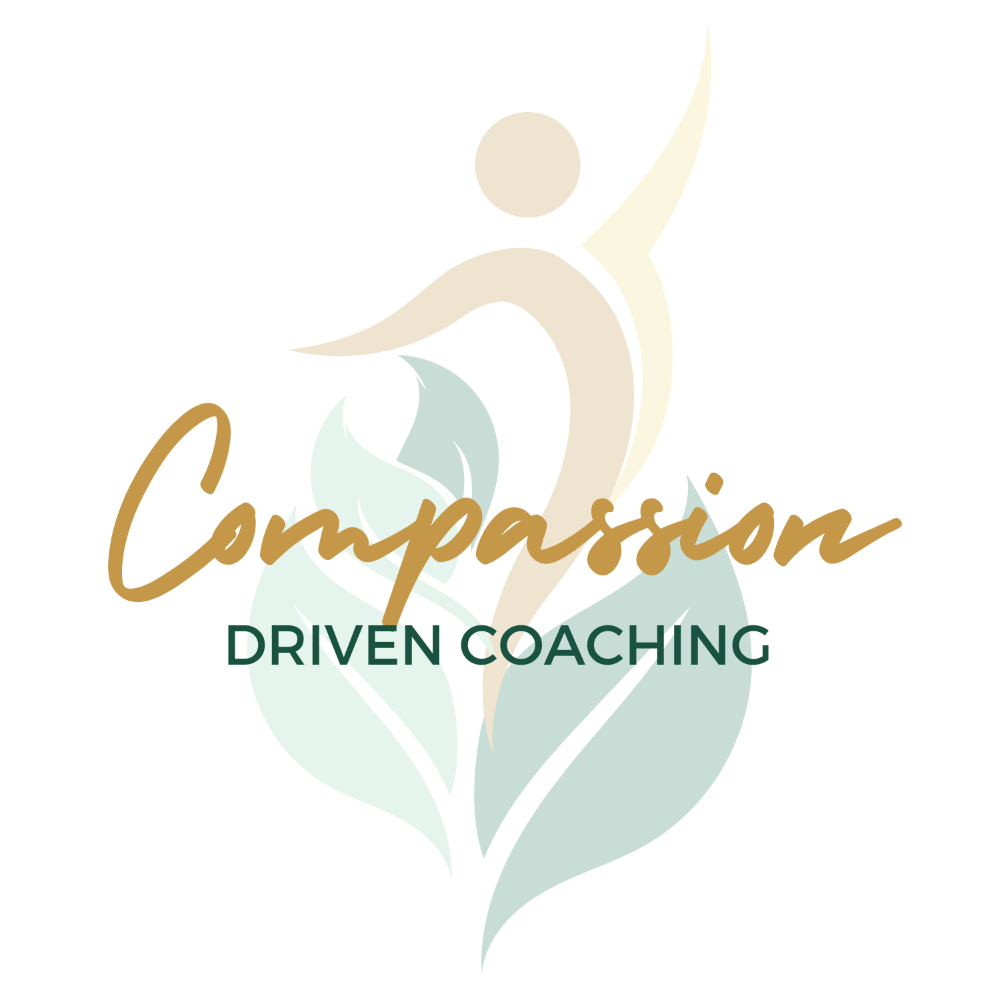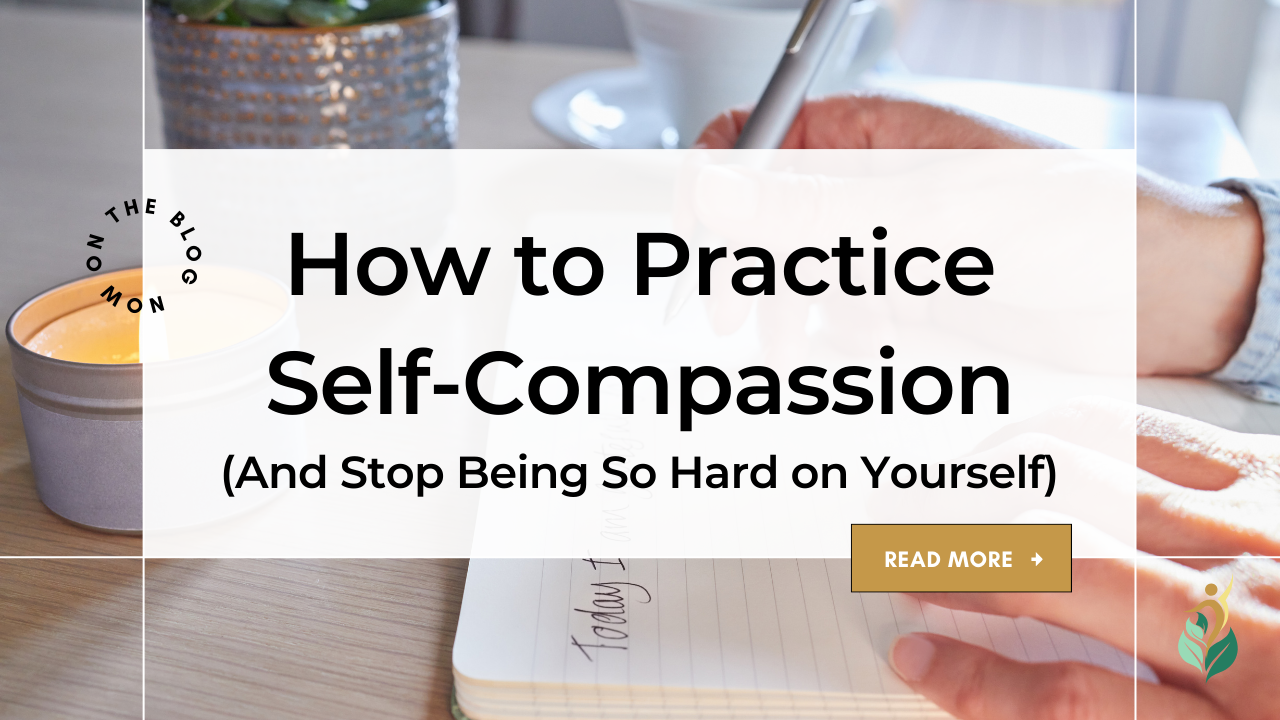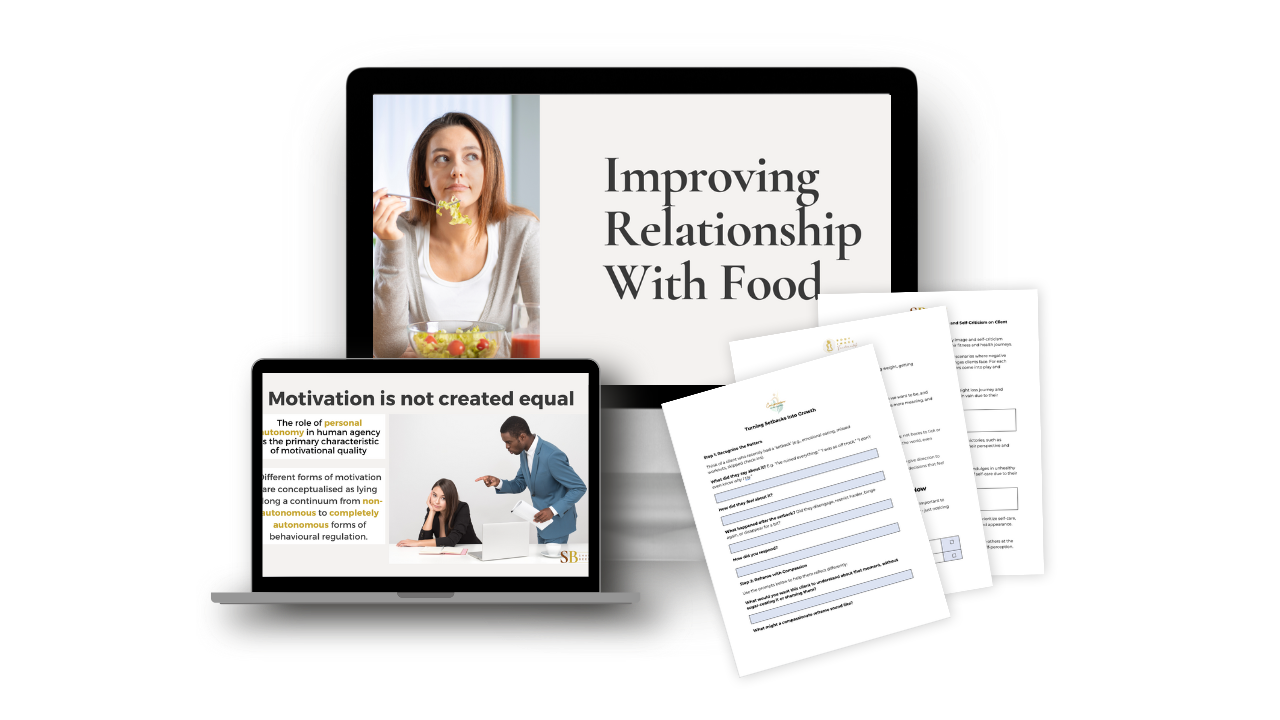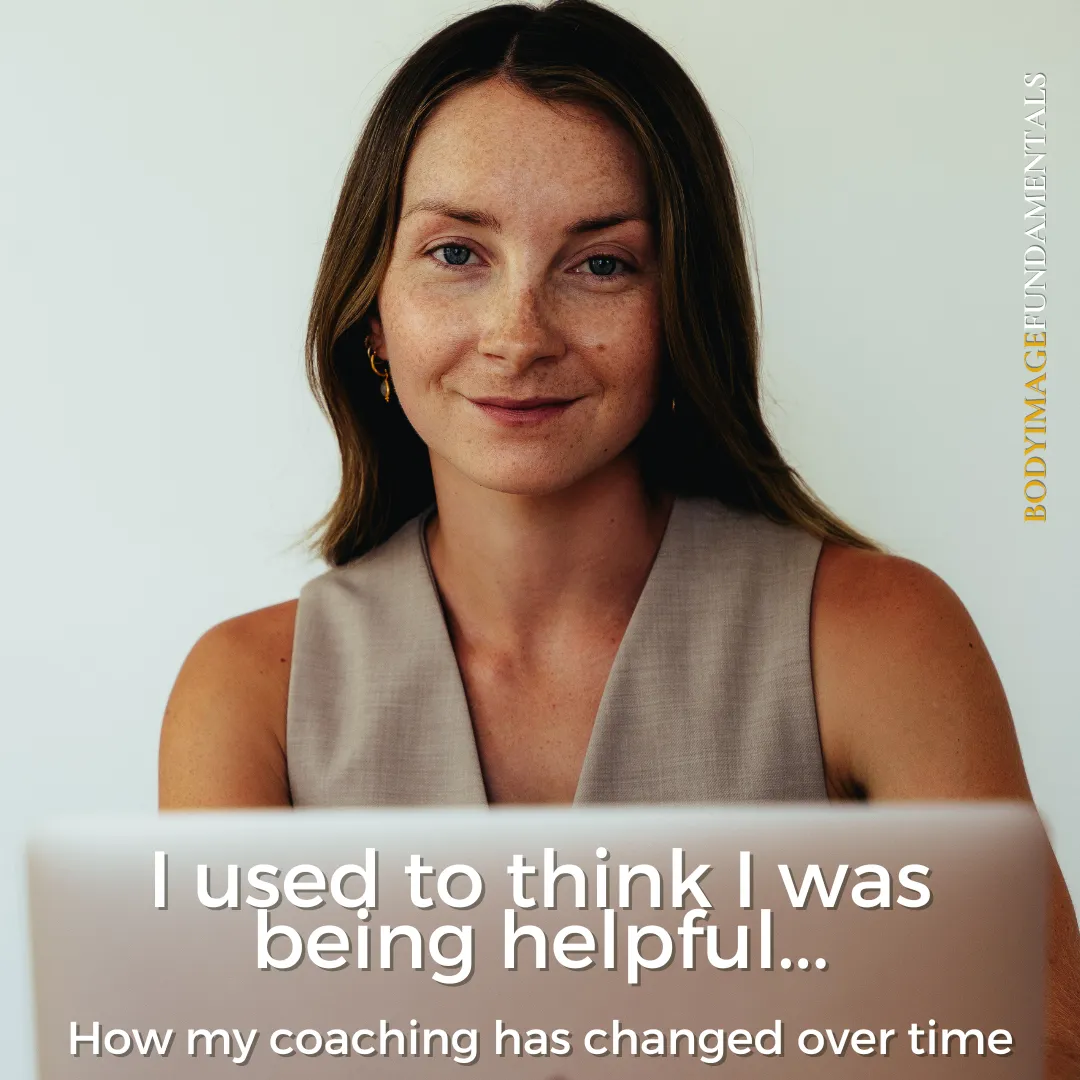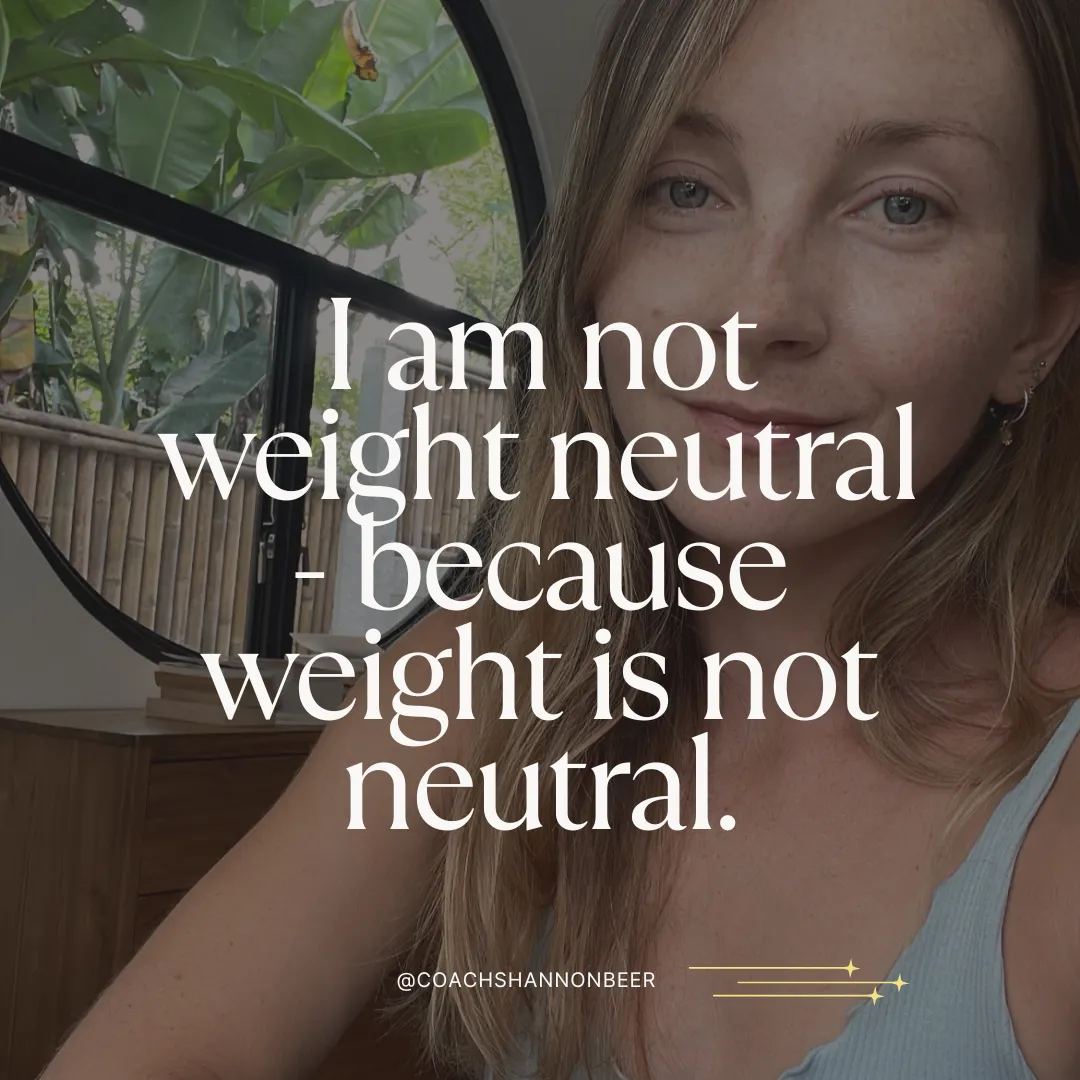5 Ways To Get The Most Out Of Coaching
Sep 07, 2025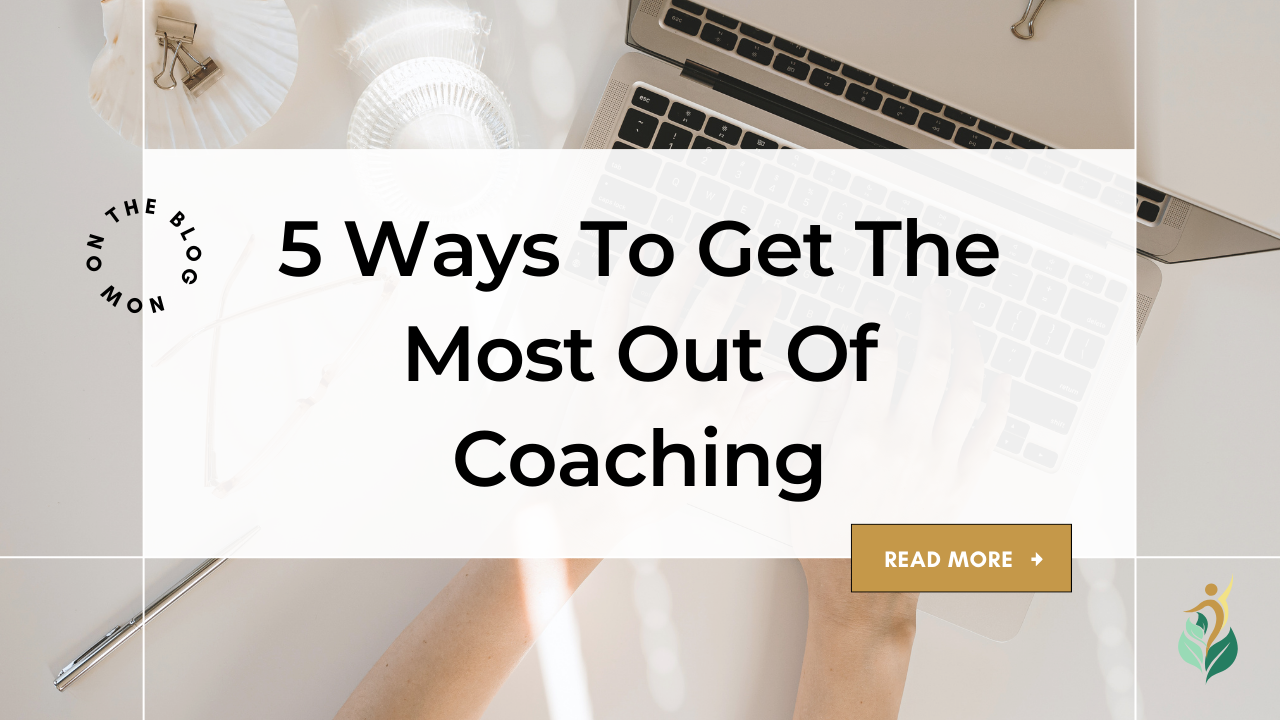
Starting coaching can feel exciting, but it can also feel daunting. You might worry about saying the wrong thing, being a 'bad client', or failing again if you get overwhelmed. That’s all completely normal, and exactly why coaching is so helpful.
Coaching is the only relationship in your life that isn’t reciprocal, and that’s a good thing. I’m here for you, and you don’t owe me anything other than showing up and doing your best. You don’t have to ask how my day is going or pretend you’re fine when you’re not. This space is yours.
Here are some ways to get the most out of it:
1. Clarify what you want to move towards, not just get rid of.
It’s natural to get rid of uncomfortable experiences and set goals like 'stop overeating,' 'stop overthinking content,' or 'stop worrying what others think.' But these are all avoidance goals make it hard to actually act on them. You'll be far more successful when you set approach-based goals - moving toward what you want, not just away from what you fear.
For example:
-
Instead of “stop overeating” → “use my coping tools when I feel the urge to eat for comfort.”
-
Instead of “stop overthinking content” → “create Instagram content that reflects my opinions in two hours per week.”
-
Instead of “stop thinking about food 24/7” → “say yes to one dinner out this week and stay present at the table.”
This shift from avoidance to approach is what helps you feel not just less stuck, but more fulfilled.
Reflection: if coaching was successful, what would I see you doing differently?
2. Expect resistance sometimes.
There will be days you don’t feel like showing up or reflecting, and that's normal. Often it means we’re working on something important!
Like exercise, it may feel easier to skip, but showing up usually leaves you feeling stronger. Coaching is always paced to meet your capacity, and you get a say in what feels like 'enough' versus 'too much.' I'm here to challenge you and help you see your blind spots - I do this when I know you're ready to hear it.
3. Create time after your session.
Give yourself a little space after a session to process - whether that’s journaling, a short walk, or simply sitting with your thoughts.
If you can’t do it immediately, that’s fine, but try to check in with yourself later the same day. This is how insights settle in and begin to make a difference in your everyday life.
4. Keep notes if it helps.
Some clients like to keep a coaching notebook with:
-
What they're learning
-
Practices to try
-
'I never thought about it like that' moments
-
Challenges or questions to bring back
It can be encouraging to see your progress on paper and have a record of how far you’ve come.
5. Practice between sessions.
Think of coaching like working with a personal trainer for your mind. You'll get support in our sessions, and you'll learn 'movements' and practices to implement in the days inbetween.
Every time you practice outside of sessions, you’re reinforcing the “muscles” that make change possible.
Final Thought
When you feel like you've been working on yourself forever and you're not where you want to be, it's easy to get disheartened. I tend to work with people who've struggled as long as they remember. It's normal to worry that you'll never change, and we can work directly with those fears in coaching.
You don’t need to come in with perfect motivation or the 'right' mindset. Coaching is about learning how to show up as you are, and still take steps toward the life you want.
If you stick with the process, you’ll start to see shifts. Not just in how you eat, think, or cope, but in how steady and confident you feel living your life.
And you don't have to do it alone - click here to start the process. It's an honour to support you.

Stuck In All Or Nothing Mode?
Your mind isn’t broken; it’s just running on autopilot.
Take the free Emotion System Audit and learn what's driving your patterns - and what to do when you feel overwhelmed or out of control.
